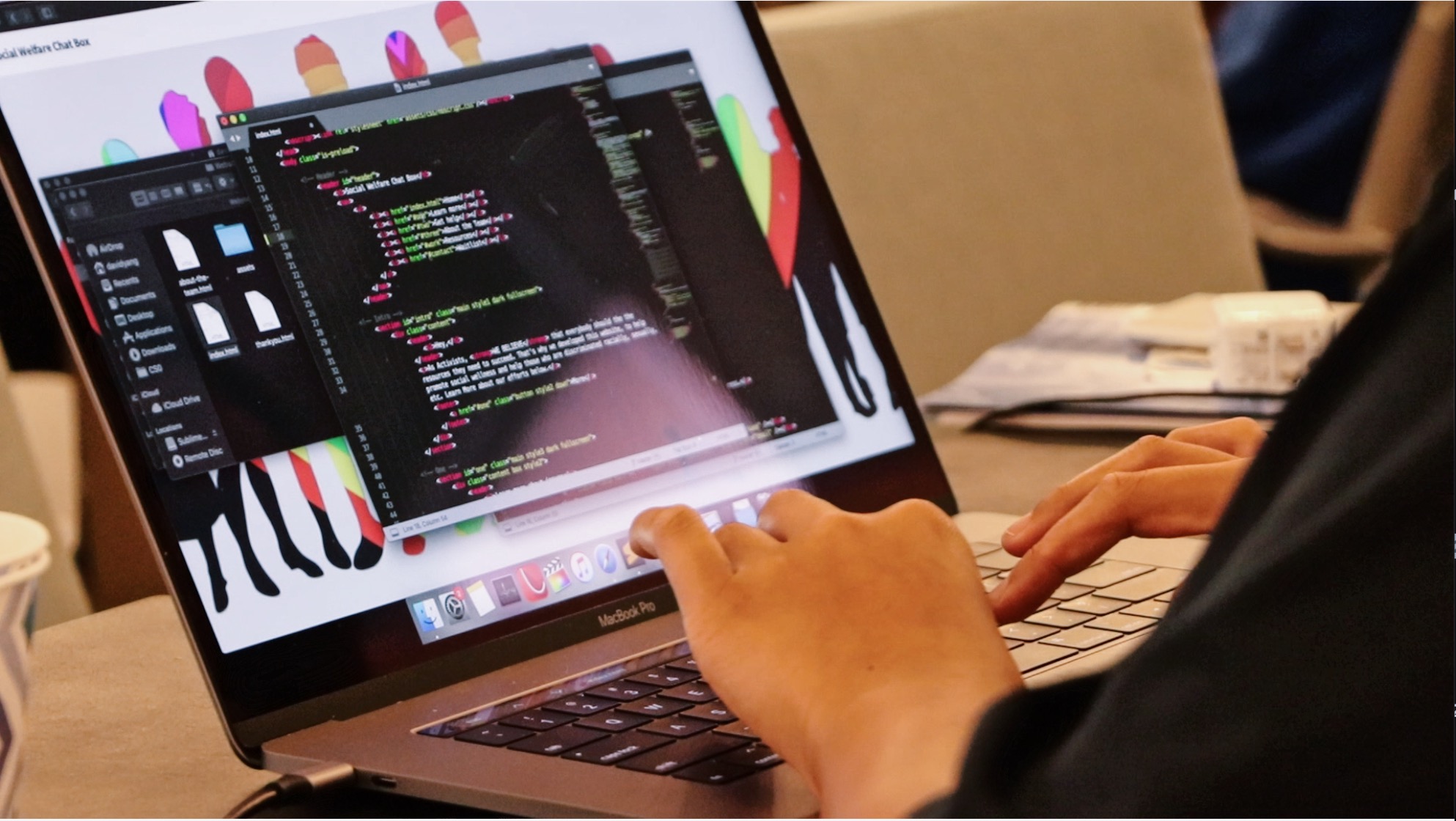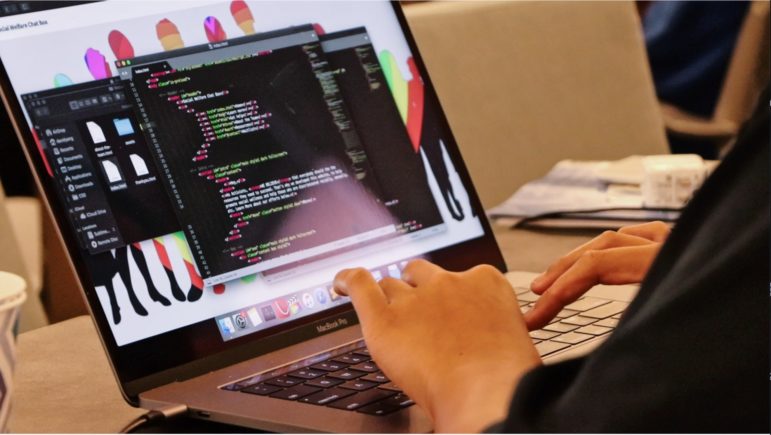

Digitize hosted their second high school hackathon in the Bay Area on Sept. 28-29. The event gave participants a chance to build their own coding project in 24 hours.
“You can go in any path that you want,” said senior Elsie Peter, Digitize’s lead organizer. “You can code an app, you can build a game, you can build a website. We have different options and there are mentors who stay there the whole time.”
Students had the opportunity to look at coding from a new perspective by communicating with other high schoolers at the hackathon. Some students made interesting discoveries about themselves and their peers.
“It was awesome to see how much [work] could get done through determination,” said sophomore Maya Ayoub, one of last year’s attendees, “and how much background [information] other participants had on the subject [that] shined through their project.”
Mentors and speakers were present to interact with students ranging at all levels of coding. The event offered a variety of topics students were able to explore.
“[The mentors] didn’t throw you to the deep side,” Ayoub said. “You had all the help you [needed] if you [were] a beginner.”
Students were not expected to have a highly developed project by the end of the hackathon. Peter hoped students would focus on creating the foundation of their design and add more details after the event.
“I want to be able to bring something out of [Digitize],” said sophomore Evan Yang. “Maybe it will spark some ideas that I can use later in my years at Aragon.”
Additionally, the final projects were presented to a judge and participants had the opportunity to compete for prizes. The operation team bought prizes including Hydro Flasks, Amazon Echoes, and Bluetooth speakers using the 10 thousand funded by sponsors. The Digitize team hoped to make the hackathon an enjoyable event, including free entrance and food for all participants.
“We rely a lot on our sponsors,” said sophomore Stephanie Lin, who is on Digitize’s sponsorship team. “We try to make it as free as possible [for the students].”
The hackathon incorporated themes such as environmental conservation, health and wellness and social welfare into student projects. Through six workshops that introduced JavaScript, HTML, app development and presentational skills, Digitize addressed the issues and students strived to utilize technology to solve the problems.
“I think the environmental theme really puts awareness on the issues in the world,” said senior Riddhi Mehta, an attendee this year. “Having [students] trying to solve it at this age will help us in the future.”
Other than emphasizing these world issues at the event, the hackathon organizers applied the conservation theme to the event itself.
“We try not to use plastic wrappings when we give food,” Peter said. “There [will] be a lot of leftover food and we don’t want it to go to waste so we … reach out to local shelters and give it to them after the event.”
Some students were drawn to the event because Digitize was not just for learning about computer science. The hackathon also offered games between sessions and past attendees enjoyed socializing with new people.
“The main part was that you get to stay overnight … being with the same people will create a community,” Yang said. “[The event is] more than [what] I can learn from just reading an article or doing something online.”
After several months of planning and organizing the event, the Digitize organizers were excited to see what projects students would come up with that could act as solutions to world issues.
“[Digitize] helps the community become aware of the social issues happening right now,” Peter said. “It helps them understand that there are ways to fix [the issues] with technology [and] they can use [it] in a way to benefit the community for the greater good.”



